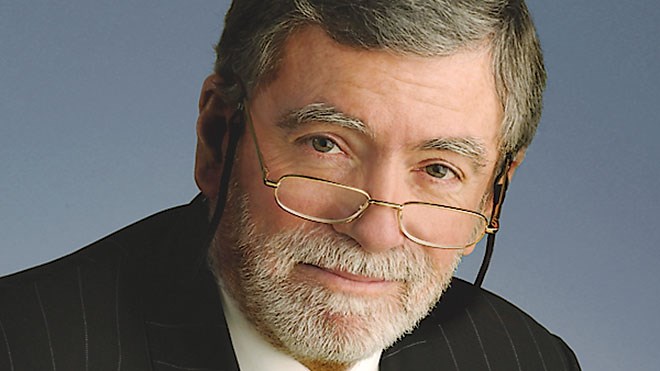I was born in the east end of Montreal. Back then it was called Lenny Street. Today, Rue Gustave Bleau. The old house still stands and could almost fit into one of those tiny condos they build for millennials in downtown Toronto.
Hugh MacLennan a few years earlier had written his famous novel, “Two Solitudes,” about our French-English angst. There was no confusion in our family, however, about identity. We were refugees from Nova Scotia who spoke English and had no facility for new languages. I paid the price at the Champlain Shopping Centre, where I got rolled with some regularity as a kid, but I don’t think halting or even superb French would have helped. There was, shall we say, a certain creative tension between les Anglais and the French-Canadian kids in the east end.
What English businesspeople were doing to French-Canadians downtown (paying them less and demanding they speak English) young French-Canadians were doing to English kids silly enough not to live in the west end. Eventually, when I was 10, we decamped for Ontario.
For the next 30 years, Quebecers figured out who they were, took over their province, abandoned their church and generally had a good time. They were far more interesting than the staid and boring Protestants of Ontario. When I was 20, my favourite visiting speaker at Carleton was René Lévesque. What he had to say made a lot of sense to me, notwithstanding my rough start in Ville d’Anjou.
And so, in a small way, I lived the pushing and shoving of the two solitudes over the years as we found new boundaries, new compromises and a way forward with differing heritages and sentiments.
Those tensions are not over but the defining markers have been established. Quebec will live independently inside Canada or independently outside of Canada with close ties. We are joined at the hip and happily so.
New solitudes, however, are very quickly overwhelming the old ones.
Immigration and urbanization are transforming our country at breakneck speed. Rural Canada is dying and urban Canada is exploding.
New Canadians, whether they land in Vancouver, Montreal or Toronto, do not carry our story, whether it is our French or English. They are coming to the promised land to find work and raise their families. They bring their own history. They are not invested in the Plains of Abraham or anything else that has embossed our story. How could they be?
Even the stunning and awe-inspiring majesty of our land can be lost on you if you have never seen it, camped on it, or driven it.
I got a call the other day from a keen and enthusiastic researcher from a CBC television program called Still Standing. I’d never heard of it.
She wanted some ideas. Here’s the premise. It is a comedy show about small towns under 2,500 population. The key mission is to make you laugh — not at our friends in small towns, but with them.
It is actually fantastic.
It doesn’t pull any punches but it is also very funny.
So far, here are the stars of the show; Skidegate, B.C.; Vanastra, Ont.; Eganville, Ont.; Bamfield, B.C.; Coleman, Alta.; Souris, P.E.I.; Willow Bunch, Sask.; Rowley, Alta.; Berwick, N.S.; Oil Springs, Ont.; Lyntton, B.C.; Manitou, Man.; Wawa, Ont.; Teeswater, Ont.; Buckston, Ont.; Fogo Island, N.L.; and Mabou, N.S.
Please stand up if you have heard of more than half of these communities.
The genius of the show is to uncover the real characters in town and tell the story through their experience. At the end of the week everyone is invited to a stand-up comedy show hosted by Jonny Harris, a young Newfoundland comic, which includes his amusing commentary and video shoots of him exploring the town with his new best friends. It has a very cathartic effect on these fabulous places which generally have not been the subject of a national TV program.
There is no better way to learn about rural Canada. The people are older and white for the most part, and the infrastructure of their communities is crumbling.
The spirit, however, is not.
It is the new “two solitudes” of this country. It is at the same time painful and inspiring.
I live in both, just like I did half a century ago.



